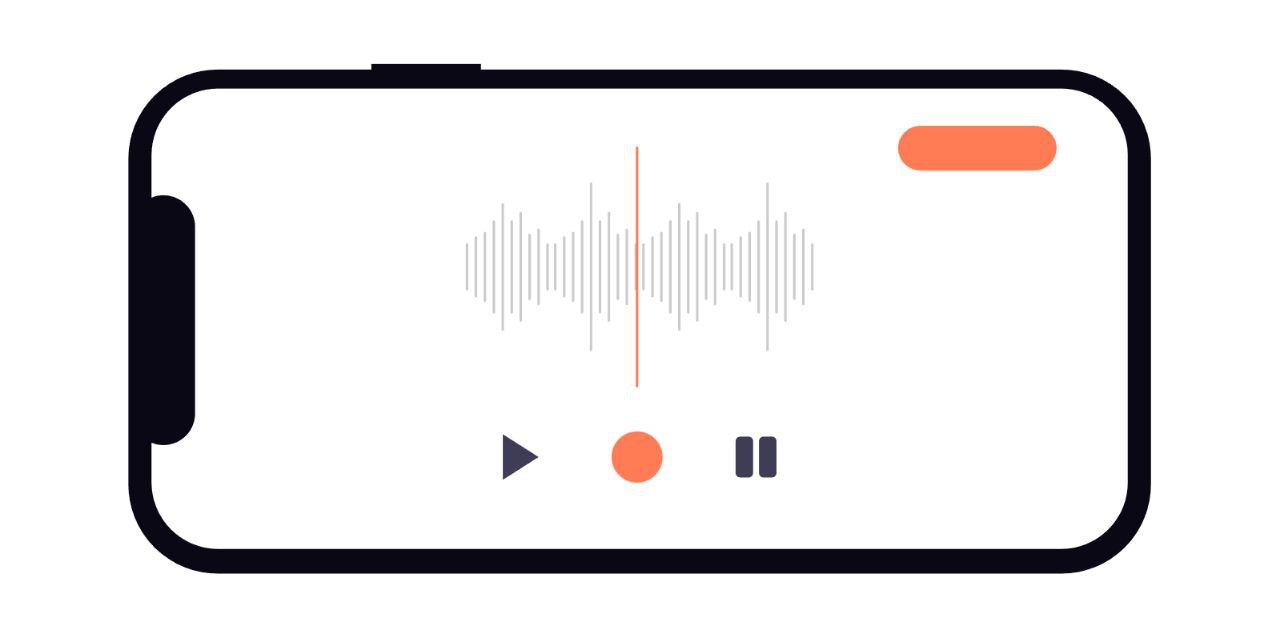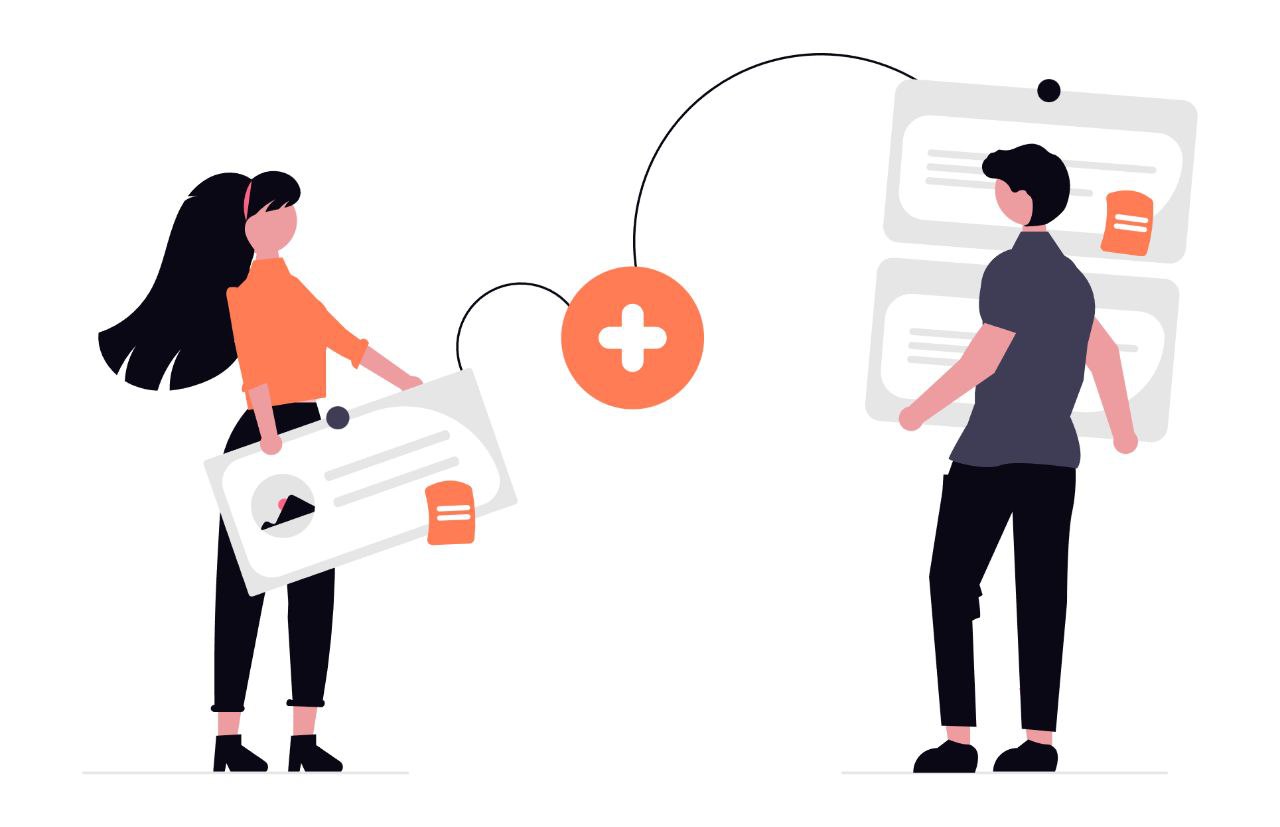Boost Your IELTS Listening Score: Mastering Vocabulary and Prediction
Welcome back to the USpeak blog! In our previous posts, we covered essential strategies for mastering IELTS Listening, including focused practice and effective note-taking. This time, we'll delve into two crucial, interconnected skills: building your vocabulary and mastering prediction techniques. These skills work synergistically, significantly enhancing your comprehension and overall score. Remember, consistent effort is key, and USpeak is here to support your journey!
1. Expanding Your IELTS Listening Vocabulary: Beyond the Basics
The IELTS listening test uses a wide range of vocabulary, often including academic and less common words. A strong vocabulary base is essential for understanding the nuances of the audio and accurately answering the questions. Simply memorizing words isn't enough; you need to understand their context and usage within different sentences and situations. This goes beyond just knowing the definition; it's about understanding the connotations and implications of each word.
- Focus on collocations: Learn how words frequently appear together. For example, instead of just knowing "strong," learn phrases like "strong argument," "strong evidence," or "strong coffee." This contextual understanding will help you anticipate words and phrases in the audio.
- Learn prefixes and suffixes: Understanding prefixes (like "un-", "re-", "pre-") and suffixes (like "-able," "-tion," "-ment") can help you decipher the meaning of unfamiliar words quickly. For example, if you know the meaning of "port" and the suffix "-able," you can easily understand the meaning of "portable."
- Use flashcards and spaced repetition: Create flashcards with the word, its definition, example sentences, and synonyms/antonyms. Use spaced repetition techniques (like Anki) to review words at increasing intervals, improving retention.
- Immerse yourself in English: Listen to English podcasts, watch English-language movies and TV shows, and read English books and articles. The more you expose yourself to the language, the faster your vocabulary will grow.
- Utilize USpeak's daily vocabulary challenges: USpeak provides daily vocabulary and grammar challenges specifically designed to help you expand your vocabulary and improve your understanding of English word usage. These short, focused exercises are a fantastic way to supplement your learning.
2. Mastering Prediction Techniques: Anticipating the Content
Prediction is a powerful strategy to improve your IELTS listening comprehension. By anticipating the topics and vocabulary likely to appear, you can better focus your attention and increase your understanding. This involves actively using clues from the questions, the context, and your prior knowledge.
- Read the questions carefully before listening: Pay close attention to keywords, question types (multiple-choice, true/false, etc.), and the overall theme of each section. This helps you anticipate the information you need to listen for.
- Identify keywords and synonyms: Look for keywords in the questions and anticipate synonyms or paraphrases that might be used in the audio. For example, if a question mentions "advantages," the audio might use words like "benefits" or "pros."
- Use your prior knowledge: Draw on your general knowledge and experience to anticipate potential topics or vocabulary related to the questions. If the question is about environmental issues, you can anticipate words related to pollution, climate change, or sustainability.
- Analyze question structure and sequencing: Pay attention to the order of questions and how they relate to each other. The audio often follows a logical sequence, so understanding the structure can help you anticipate the upcoming information.
- Practice with sample tests: Regularly practice with IELTS listening sample tests. This helps you refine your prediction skills and become more familiar with the test format. This is where using USpeak's IELTS-specific speaking topics and prep content will be invaluable. The practice materials will help you hone your listening skills in a realistic test environment.
3. Combining Vocabulary and Prediction: A Synergistic Approach
The real power comes from combining strong vocabulary with effective prediction. A rich vocabulary allows you to understand a wider range of words, while prediction skills help you focus your listening on the most relevant information. Let's look at a practical example:
Question: What are the two main benefits of using renewable energy sources?
Prediction: Before listening, you might predict words like "advantages," "benefits," "pros," "positive impacts," "environmental protection," "cost savings," "sustainability." Knowing these words will make it easier to identify the correct answers in the audio.
Listening: When you hear the audio, you'll be more likely to pick up on synonyms or paraphrases of your predicted words, even if you don't hear the exact words used in the question. You'll be actively listening for specific information, not just passively hearing the audio.
4. Practical Exercises: Putting it All Together
Here are some exercises to help you practice your vocabulary and prediction skills:
- Vocabulary Building Exercise: Choose a topic relevant to IELTS listening (e.g., environmental issues, technology, education). Find 10-15 words related to this topic. Create flashcards, including definitions, example sentences, and synonyms/antonyms. Use spaced repetition techniques to memorize these words.
- Prediction Exercise: Take an IELTS listening practice test. Before listening to each section, carefully read the questions and try to predict the keywords and potential synonyms that might be used in the audio. After listening, compare your predictions with the actual audio content.
- USpeak Integration: Use USpeak's real-time matchmaking system to find a conversation partner who can discuss topics related to the IELTS listening test. Practicing your vocabulary and prediction skills in real conversations helps you apply them in a natural setting. Use the conversation to discuss topics from recent practice tests, focusing on the vocabulary and prediction strategies you've learned.
5. Conclusion: Your Path to IELTS Listening Success
Mastering IELTS listening requires a multi-faceted approach. By focusing on building a strong vocabulary and developing effective prediction techniques, you'll significantly improve your comprehension and boost your confidence on test day. Remember to combine these techniques and practice regularly. USpeak's daily vocabulary challenges, IELTS-specific prep content, and real-time conversation practice features can be invaluable tools in your journey. Start using USpeak today and connect with other learners to refine your skills and achieve your desired IELTS score! Don't forget to check out our previous blog posts on mastering note-taking strategies and general IELTS listening skills for a well-rounded approach. Good luck!



